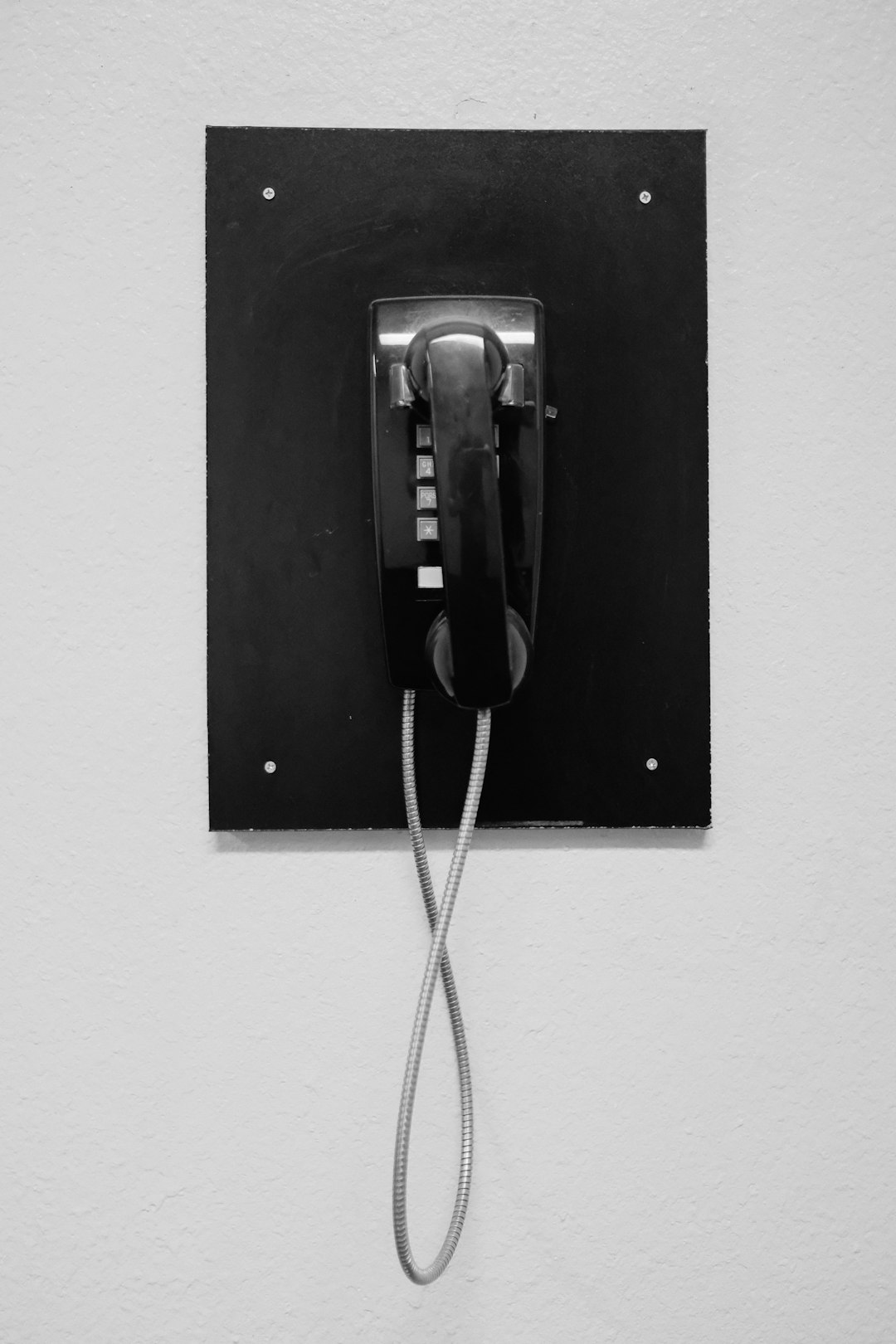In San Antonio, residents can protect themselves from unwanted telemarketing and scam calls by registering on the National Do Not Call Registry, hanging up on suspicious calls, reporting them to authorities, and using call-blocking apps. Documenting incidents and reporting them to service providers, law enforcement, and the FTC helps combat scammers and educates others about potential scams, leveraging San Antonio's strong No Call Laws.
In San Antonio, understanding and adhering to No Call Laws is crucial for protecting yourself from unwanted and fraudulent calls. With a growing number of scam artists targeting residents, knowing how to handle these calls effectively can help prevent financial loss and identity theft. This article guides you through the steps—from recognizing a scam call to taking necessary actions—to ensure your safety under San Antonio’s No Call Laws.
Understanding No Call Laws in San Antonio

In San Antonio, no call laws are in place to protect residents from unwanted phone calls, particularly from telemarketers and scammers. These laws, known as Do Not Call registries, allow individuals to register their phone numbers to prevent receiving marketing calls. However, it’s important to note that these laws do not necessarily stop all scam calls, as some scammers operate outside of legal boundaries.
When you receive a scam call in San Antonio, the first step is to hang up immediately. Do not engage with the caller or provide any personal information. Next, report the call to local authorities and the Federal Trade Commission (FTC). By doing so, you contribute to tracking and stopping scammers while also helping others avoid similar scams. Additionally, consider registering your number on the National Do Not Call Registry to limit future marketing calls.
How to Handle Scam Calls Effectively

When faced with a scam call in San Antonio, it’s crucial to act swiftly and thoughtfully. The first step is to remain calm; panicking may lead to impulsive decisions. Listen carefully as scammers often use urgent language to create a sense of fear or pressure. Do not provide any personal or financial information under any circumstances. Hang up immediately if you suspect a scam, and take no further action.
Remember that San Antonio’s No Call Laws are in place for your protection. You can register for the Do Not Call Registry to limit such calls. Additionally, consider using call-blocking apps or features on your phone that identify and block known scammer numbers. Documenting the incident is also beneficial; note down details like the caller’s number, time of call, and any specific threats or demands made. This information can be valuable if you decide to report the scam to local authorities or consumer protection agencies.
What Actions to Take After a Scam Call Incident

After receiving a scam call in San Antonio, it’s crucial to take immediate action. First, don’t hang up; this could prevent the scammers from using your phone number for future calls. Instead, document the incident by noting the caller’s number, the date and time of the call, and any details about the fraudulent offer or request. This information will be valuable if you decide to report the scam.
Next, contact your service provider to inform them about the suspicious activity. San Antonio’s No Call Laws protect residents from unsolicited calls, so reporting the incident can help prevent future harassment. Additionally, consider filing a complaint with local law enforcement and the Federal Trade Commission (FTC). These agencies keep records of scams and use this data to track and prosecute scammers. By taking these steps, you contribute to a safer digital environment for yourself and your community.






